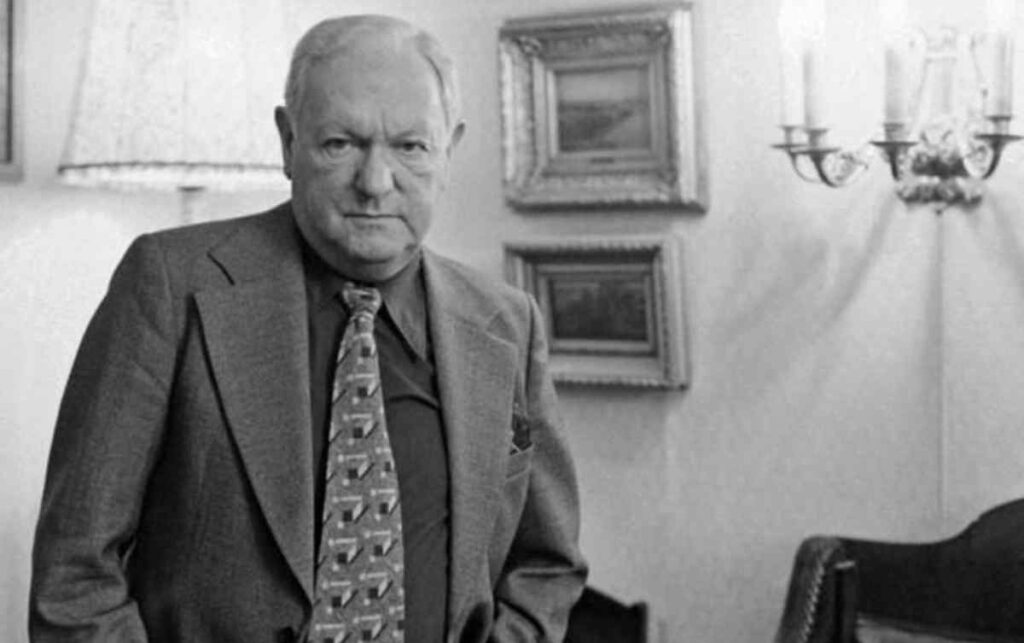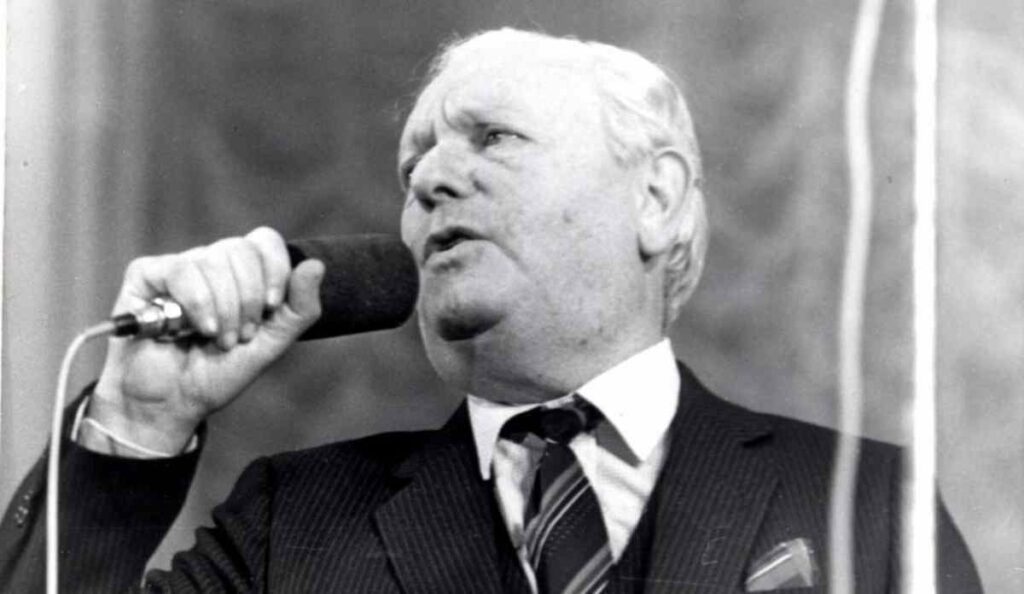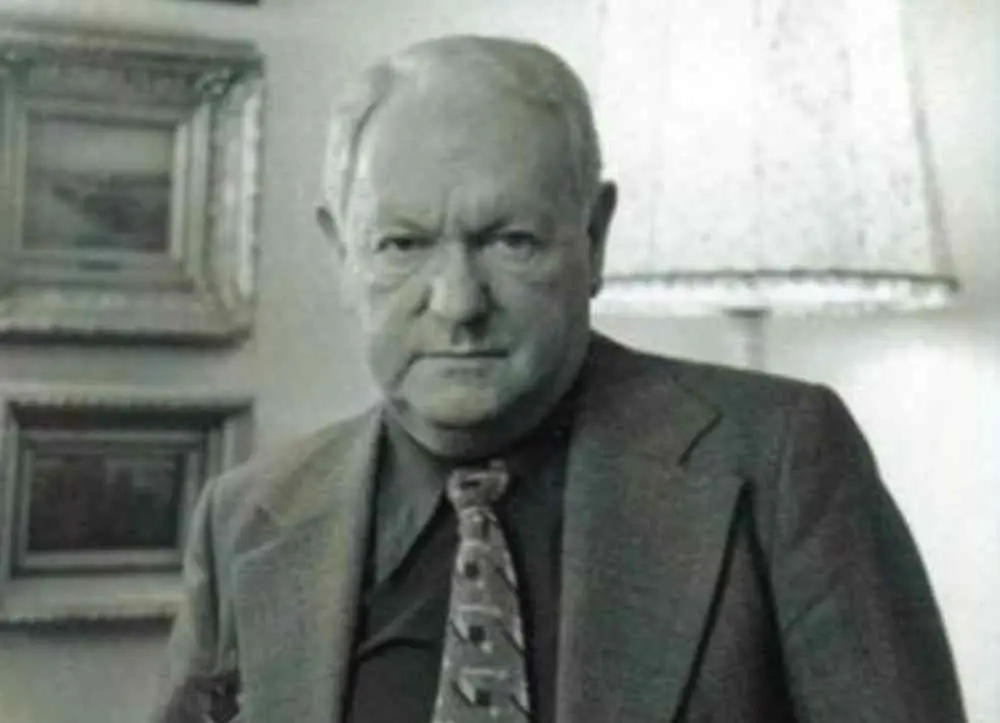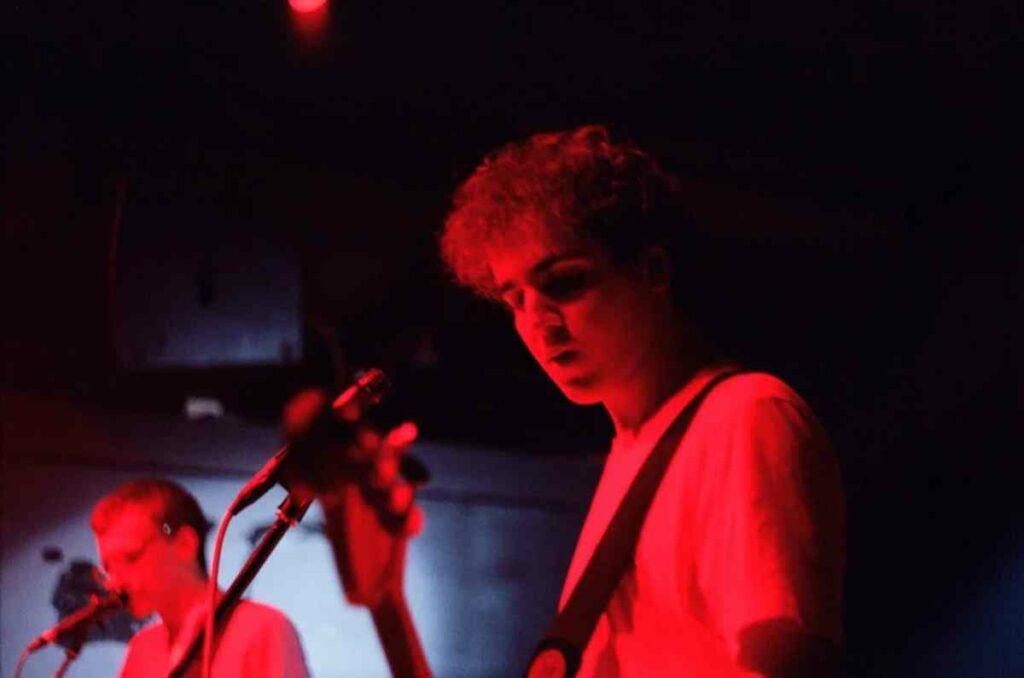Mark Fradkin is a composer and musician. The authorship of the maestro belongs to a large part of the musical works of the middle of the XNUMXth century. Mark was awarded the title of People's Artist of the USSR.

Childhood and youth
Maestro's date of birth is May 4, 1914. He was born on the territory of Vitebsk. Some time after the birth of the boy, the family moved to Kursk. Parents worked as doctors.
Mark was orphaned early and learned the realities of life. The head of the family was killed by whites when the boy was barely 6 years old. My mother, who was Jewish by nationality, was brutally shot by the Germans during the Second World War.
The maestro recalls that studying at school was difficult for him. The situation was aggravated by the fact that he was often transferred from one educational institution to another. He studied in almost all schools in Kursk. Each time he had to re-adapt to the new environment, teachers and classmates.
Hobbies of youth are not related to creativity. He mastered the piano, but music at that time did not attract him at all. Fradkin was fond of technology. The childhood biography of the future maestro is devoid of music.
The creative path of the composer Mark Fradkin
After leaving school, Mark entered the local technical school. After receiving his diploma, he spent several years in a garment factory. Some time later, Fradkin entered the Belarusian Drama Theater. Actually, this is the beginning of a new page in his biography.
After graduating from the drama theater, he went to the capital of Moscow. While still in Leningrad, Fradkin entered the Central Theater School. During this period of time, for the first time, he shows his talent as a composer.
After graduating from college, he went to work at the Theater of the Young Spectator in Minsk. In addition, he studied in the composition class of the Belarusian Conservatory. Mark came under the guidance of the talented N.I. Aladov.
At the end of the 30s, he was called upon to repay his debt to the Motherland. Mark was assigned to Vinnitsa. Then he assembled an amateur ensemble. During the Second World War, he took the place of the conductor of the KVO ensemble.

At the same time, Mark's significant acquaintance with the poet Yevgeny Dolmatovsky happened. Soon they presented the public with a joint composition. We are talking about the musical work "Song of the Dnieper". The song premiered in 1941. Note that this work brought Mark popularity throughout the Soviet Union.
The subsequent musical works "Random Waltz" and "The Road to Berlin", performed by Leonid Utyosov, became immortal hits. In the mid-40s, Mark became part of the Union of Composers of the USSR. He began to develop his creative career already in the capital of Russia.
Over the years of creativity, Fradkin created musical accompaniment for fifty films. The composer's works were included in the repertoire of many eminent poets of that time: Robert Rozhdestvensky, Lev Oshanin, and others. He often organized concerts at which works that had long been loved by the public were performed.
Details of the personal life of the maestro
Mark has always been the center of attention. He was a real favorite of the ladies. The representatives of the weaker sex could not resist the manners and chic style of clothing.
The composer, if he were frivolous, could shamelessly use his position. But, the maestro claimed that he was an inveterate monogamous. All his life he lived with only one woman - Fradkina Raisa Markovna. She was known in musical circles, and contributed to the success of her husband.
The couple raised a common daughter. Eugenia (daughter of the maestro) subsequently married an Austrian composer. Mark's grandson followed in the footsteps of his grandfather. He realized himself in a creative profession.
Interesting facts about Mark Fradkin
- In the early 70s, in the popular program Good Morning! for the first time, one of the most popular compositions of Mark's repertoire - "I'll take you to the tundra" - sounded.
- By Soviet standards, he was a very rich man. His musical works were performed all over the country on concert stages.
- At the end of the 70s, he became a laureate of the USSR State Prize.
- In the mid-70s, the premiere of the autobiographical book "My Biography" took place.
Death of composer Mark Fradkin
His life was cut short suddenly. In the early 90s, a man came to the Moscow City Council to resolve some housing issues, when Mark left the office, he suddenly felt unwell. He sat down on a chair and died. The composer's heart let him down. The date of Fradkin's death is April 4, 1990.

His body rests at the Novodevichy cemetery. Mark's grave is located next to the grave of his wife. Fradkin erected a common monument.



